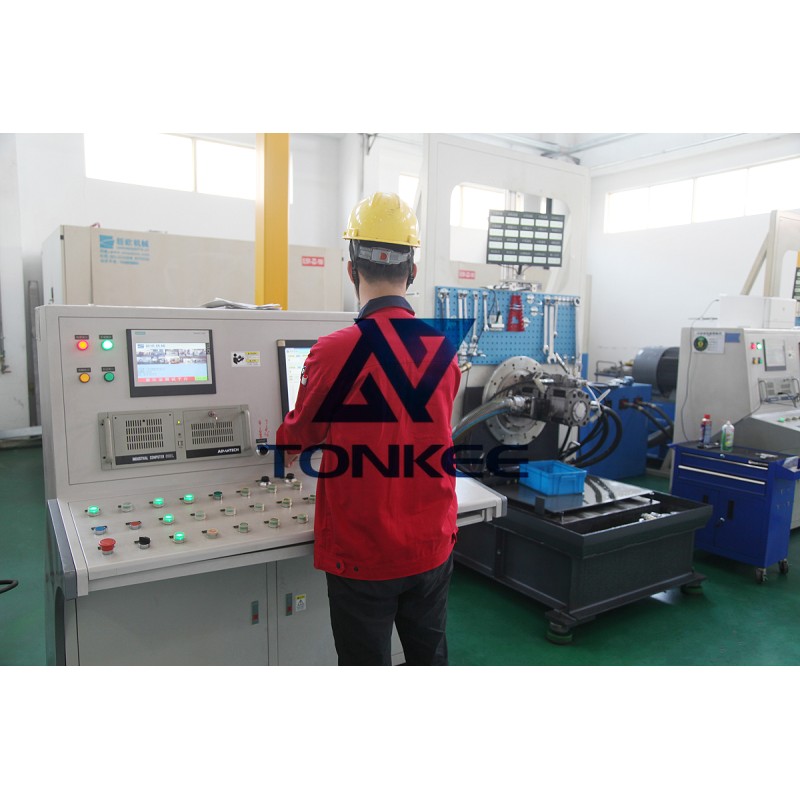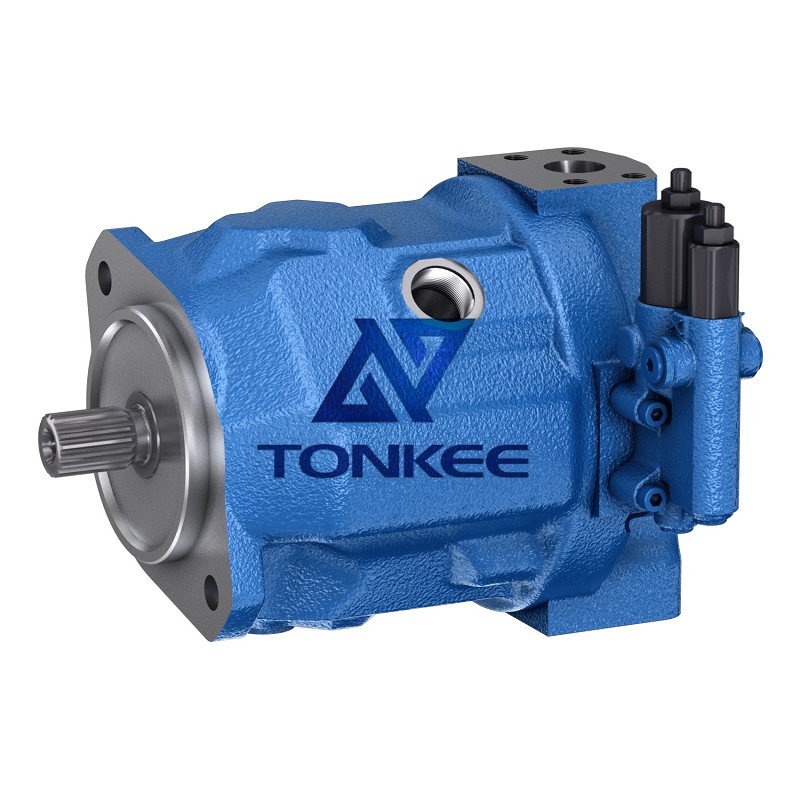
A hydraulic test station plays a crucial role in evaluating the performance and reliability of hydraulic pumps and their associated components.
This station is designed to simulate real-world operating conditions and assess the functionality of hydraulic systems, ensuring optimal performance and safety. In this article, we will explore the importance of a hydraulic test station and discuss the specifications of replacement parts that are commonly used in this setup.
A hydraulic test station serves as a comprehensive testing platform for hydraulic pumps. It allows engineers and technicians to verify the functionality of pumps by subjecting them to various operating conditions, including different pressures, flow rates, and temperatures. By conducting tests in a controlled environment, potential issues or weaknesses in the pump can be identified before it is deployed in actual hydraulic systems. This helps in preventing costly failures and ensuring the efficiency and longevity of the equipment.
To maintain the accuracy and reliability of a hydraulic test station, it is essential to have the right replacement parts. These parts are designed to meet specific specifications that enable them to withstand the rigorous demands of hydraulic testing. Here are some key considerations for replacement parts in a hydraulic test station:
Material Composition: Replacement parts should be made from high-quality materials that can withstand the pressures, temperatures, and fluids commonly encountered in hydraulic systems. Common materials used include stainless steel, cast iron, and various alloys known for their strength and corrosion resistance.
Dimensional Accuracy: Hydraulic systems rely on precise measurements for optimal performance. Replacement parts must adhere to strict dimensional tolerances to ensure proper fit and functionality. Any deviations can result in leaks, pressure losses, or increased wear and tear.
Sealing Properties: Seals and gaskets are critical components in hydraulic systems, as they prevent fluid leakage and maintain system integrity. Replacement parts should include high-quality seals that can withstand the pressures and temperatures experienced during hydraulic testing, providing reliable and long-lasting sealing performance.
Compatibility: Hydraulic pumps come in various types and sizes, and replacement parts must be compatible with the specific pump being tested.
Manufacturers typically provide detailed specifications for each pump model, including information on compatible replacement parts. It is crucial to select parts that match these specifications to ensure proper installation and performance.
Performance Standards: Replacement parts should meet or exceed industry standards and performance requirements. International standards organizations such as ISO (International Organization for Standardization) and SAE (Society of Automotive Engineers) provide guidelines for hydraulic components, and it is essential to select parts that comply with these standards to ensure safety and reliability.
Durability and Reliability: Hydraulic test stations often subject components to extreme conditions, including high pressures and rapid cycling. Replacement parts must be durable and reliable, capable of withstanding repetitive testing without compromising performance or safety.





 English
English português
português Русский язык
Русский язык










